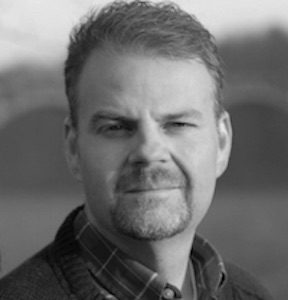 In this video from the Stanford HPC Conference, Ryan Quick from Providentia Worldwide presents: High Availability HPC ~ Microservice Architectures for Supercomputing.
In this video from the Stanford HPC Conference, Ryan Quick from Providentia Worldwide presents: High Availability HPC ~ Microservice Architectures for Supercomputing.
“Microservices power cloud-native applications to scale thousands of times larger than single deployments. We introduce the notion of microservices for traditional HPC workloads. We will describe microservices generally, highlighting some of the more popular and large-scale applications. Then we examine similarities between large-scale cloud configurations and HPC environments. Finally we propose a microservice application for solving a traditional HPC problem, illustrating improved time-to-market and workload resiliency.”
Ryan Quick is Principal/Co-Founder of Providentia Worldwide. He received degrees in English and Philosophy from Vanderbilt University, and went on to study American Christian Ethics at Yale Divinity School. He has been a part of the Internet and Linux communities since the early 1990s focusing on distributed systems for the last 25 years, with special attention to the interaction between applications, operating systems, and the hardware and networks underlying them. Ryan holds patents for messaging middleware systems, and is a pioneer in bridging High-Performance Computing technologies with enterprise best-practice infrastructure. His most recent work in leveraging HPC concepts for real-time analytics with his colleague Arno Kolster have garnered provisional patents, IDC HPC Innovation awards (SC12, SC14), and HPCWire Reader’s Choice awards.
Ryan is an expert at scale-out systems, UNIX kernel design and profiling, and has been recognized for innovation in hardware and application design, and in messaging ontology and distributed event-driven systems. His current efforts bring machine learning, real-time streaming, set-selection, and digital signal processing technologies to bear on predictive analytics to provide self-healing for command and control systems.
He credits his liberal arts background for his unique (and sometimes controversial) approach to distributed computing systems, recognizing there are many ways to solve problems and malleability in design and approach sharpen the final implementation. Liberal arts problem-solving encourages reaching far afield for inspiration — a skill he considers invaluable for cutting-edge computer engineering. His past technical experience in health care, higher education, network security, e-commerce, and finance provide a breadth of industry experience and perspective to a variety of problems. He has lectured on subjects as varied as database sharding and stream analytics to world religions, and Judeo-Christian hagiography for numerous religious institutions, universities and conferences.




